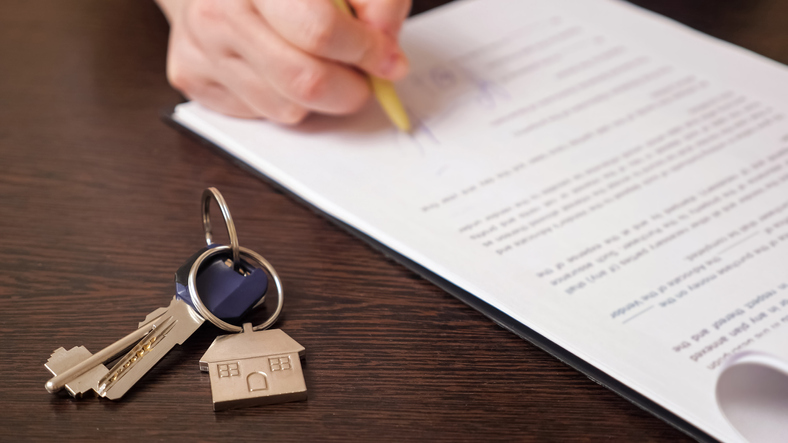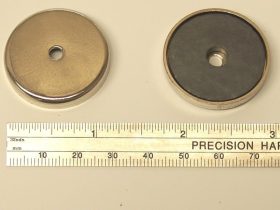Lease agreements form the foundation of a successful landlord-tenant relationship. For a property manager, crafting a well-structured lease agreement is crucial to protect the interests of both parties and ensure a harmonious tenancy. This comprehensive guide will explore the dos and don’ts of lease agreements by providing valuable insights and expert advice for property managers. In turn, it will help them navigate the complexities of rental contracts effectively.
The Dos of Lease Agreements
A good property manager knows what’s expected with lease agreements and goes above and beyond to ensure it’s done well. Check out these essential aspects you should do regarding lease agreements:
Clear & Comprehensive Clauses
Craft lease agreements that are clear, comprehensive, and free from ambiguity. Cover all essential aspects, which include:
- Rent amount & due date
- Security deposit details
- Property maintenance responsibilities
- Tenant obligations
Why Is This Important?
Clarity in lease terms helps prevent misunderstandings and disputes, fostering a positive landlord-tenant relationship.
Thorough Tenant Screening
Conduct thorough tenant screening to ensure you lease to reliable and responsible tenants. What does this include? Typically, you must do the following:
- Credit checks
- Rental history verification
- Criminal background checks
Why Is This Important?
Tenant screening minimizes the risk of renting to problematic tenants who may default on rent payments or cause property damage.
Stay On Top of Property Maintenance Responsibilities
Clearly outline property maintenance responsibilities for both the landlord and tenant. Specify which party is responsible for repairs, maintenance, and upkeep.
Why Is This Important?
Defining maintenance responsibilities prevents confusion and ensures the property remains in good condition.
Be Clear About Rent Collection Policies
Specify rent collection policies, including the due date, acceptable payment methods, and late fees or penalties.
Why Is This Important?
Clear rent collection policies promote timely rent payments and provide a framework for addressing late payments.
Explain the Termination & Renewal Procedures
Include provisions for lease termination, renewal, and notice periods. Define the process for ending or extending the lease.
Why Is This Important?
Transparent termination and renewal procedures facilitate smooth transitions and prevent misunderstandings.
The Don’ts of Lease Agreements
You don’t want to carry the reputation of being a bad property manager. Avoid such a scenario by being mindful of what not to do. Check what shouldn’t be done regarding lease agreements here:
Discriminatory Practices
Do not engage in discriminatory practices when selecting tenants. Avoid basing decisions on factors such as race, religion, gender, or family status, which are protected under fair housing laws.
Why Shouldn’t I?
Discriminatory practices can lead to legal consequences and damage your reputation as a property manager.
Incomplete Lease Agreements
Another big no-no is the use of incomplete or generic lease agreements. Boilerplate contracts may not address specific property-related issues or local regulations.
Why Shouldn’t I?
Incomplete agreements can leave both parties vulnerable to disputes and legal complications.
Verbal Agreements
As a property manager, you shouldn’t be relying on verbal agreements. Lease terms should always be in writing to avoid misunderstandings.
Why Shouldn’t I?
Verbal agreements are difficult to enforce and may lead to disputes over agreed-upon terms.
Ignoring Local Laws & Regulations
When drafting lease agreements, don’t disregard local, state/provincial, and federal laws and regulations. Comply with all legal requirements.
Why Shouldn’t I?
Failing to adhere to legal obligations can result in penalties and legal action.
Failing to Document Property Condition
You don’t want to neglect documenting the property’s condition before and after a tenancy. Detailed move-in and move-out inspections are crucial.
Why Shouldn’t I?
Documenting property conditions helps resolve disputes related to security deposits and damages.
Expert Advice for Property Managers
- Stay Informed: Stay up-to-date with the latest laws, regulations, and best practices in property management. Regularly review and update lease agreements to ensure compliance.
- Seek Legal Counsel: Consider consulting with legal professionals experienced in property management to review and assist in drafting lease agreements. Legal expertise can help protect your interests.
- Educate Tenants: Educate tenants about their rights and responsibilities under the lease agreement. Clear communication from the start can prevent misunderstandings.
- Mitigate Disputes: Have a dispute resolution process in place. Define how conflicts will be addressed and resolved to maintain a positive landlord-tenant relationship.
- Maintain Records: Keep meticulous records of lease agreements, tenant communications, inspections, and maintenance activities. Proper documentation is invaluable in case of disputes or legal issues.
Crafting effective lease agreements is an essential skill for any property manager. Following the dos and don’ts outlined in this guide can help property managers protect their interests, maintain positive landlord-tenant relationships, and ensure compliance with the law. Remember that seeking legal counsel and staying informed about evolving regulations are key steps to success as a property manager. By adhering to best practices and fostering transparent communication, property managers can navigate the complexities of lease agreements with confidence and professionalism.








